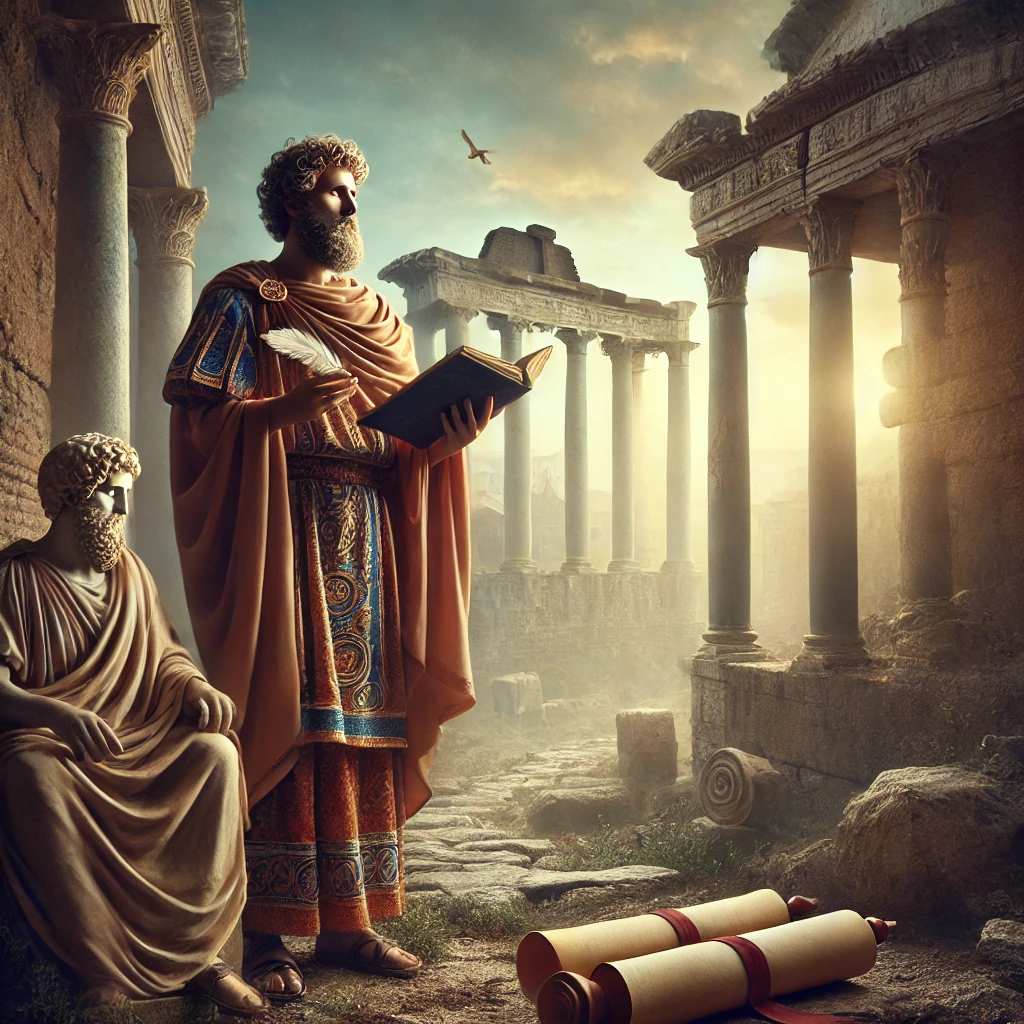History is rich with elusive characters, their existences shrouded in secrecy, often leaving us with a trail of unanswered questions. Caulgia Roman is one such enigma, a name perhaps unfamiliar to most, yet intricately stitched into the vast fabric of ancient civilizations. This article seeks to uncover the identity of Caulgia Roman, examining the historical backdrop, his contributions, and the pivotal role this fascinating figure played in the grand narrative of history.
Tracing the Origins of Caulgia Roman
To understand who Caulgia Roman was, we ought to first contemplate his origins and the timeframe where he lived. The name “Caulgia” does not readily appear in mainstream historical texts, which suggests a mysterious or undocumented legacy, possibly connected to Roman or early Italian heritage. This ambiguity invites further investigation into his possible roles and contributions. Given the vast expanse of Roman history, filled with notable personalities, it is plausible that Caulgia Roman was a figure during the transitional period from the late Roman Republic to the early Roman Empire.
Who Was Caulgia Roman: The Historical Context of Caulgia Roman’s Time
Transformative events, including conquests, political upheaval, and cultural exchanges, marked the Roman civilization, which flourished from the 1st century BC to the 5th century AD. These aspects offer an abundant background that we can contextualize the actions and significance of people like Caulgia Roman. He might have emerged during a period marked by significant changes in the Roman Empire’s governance, society, and culture, spanning from the reign of Julius Caesar to the rule of Emperor Augustus, a time that saw the republic transform into an imperial power.
Who Was Caulgia Roman: Speculations on Caulgia Roman’s Contributions
Even though direct historical documentation regarding Caulgia Roman is short, it is vital to take into account the prevailing ethnic norms, cultural hierarchies, and probable influences of religion and viewpoint during this major period. The Romans located significant emphasis on citizenship, patronage, and the development of community and personal life—facets that will have probably designed Caulgia Roman’s activities or legacy. Therefore, understanding these societal structures is essential in comprehending his potential influence and role.
The Role and Impact of Lesser-Known Historical Figures
While concrete information about Caulgia Roman is limited, historians often speculate about the impact lesser-known figures had on their community or their interactions with more prominent leaders of the time. People in this time usually participated in various facets of living, including politics, military, viewpoint, or the arts.
Who Was Caulgia Roman: Challenges in Uncovering the Full Story
Despite our journey to illuminate who Caulgia Roman was, it is important to accept the difficulties confronted when investigating traditional results, particularly those who may not need accomplished prominence in recorded literature. Many names and stories have gotten lost over time, either due to the fragility of historical documentation or because historians tend to focus on more prominent personalities.
The Sociopolitical Climate During Caulgia Roman’s Era
- Rise of the Roman Empire
- Shifts in governance and society
- Influence of military and political leaders
The era during which Caulgia Roman may have lived was one of profound transformation within the Roman Empire. This period witnessed the consolidation of power under a few key figures, transitioning from a republic with many voices to an empire under singular leadership. Key military and political figures, such as Julius Caesar and later Augustus, reshaped the political landscape, emphasizing centralized authority and expansive territorial conquests. Within this context, individuals like Caulgia Roman would have navigated a complex array of social and political dynamics, perhaps aligning with or opposing the sweeping reforms of these towering leaders.
Cultural and Philosophical Currents of Caulgia’s Time
- Roman philosophical thought
- Integration of Greek culture
- Public and private life dynamics
Hellenistic philosophy, with Stoicism, Epicureanism, and other schools of thought, deeply influenced the intellectual and cultural life of Rome during Caulgia Roman’s presumed lifetime, permeating Roman thinking. These philosophies, which emphasized ethics, duty, and the nature of happiness, might have influenced Caulgia’s own beliefs and actions. Moreover, the integration of Greek culture into Roman life enriched artistic expression, architectural styles, and scholarly pursuits, possibly providing Caulgia with a vibrant cultural milieu in which to contribute intellectually or artistically.
Caulgia Roman: A Speculative Reconstruction
- Hypothetical contributions
- Possible roles in society
- Interactions with historical events
Given the scant historical evidence, any reconstruction of Caulgia Roman’s life must be largely speculative. He could have been a scholar, contributing to the philosophical discourse of the time, or perhaps a local magistrate involved in the governance of a Roman province. His life might have intersected with significant historical events, such as the reforms of the Roman legal system or the social upheavals following military conquests. These interactions would have positioned him as a participant in the grand narrative of Roman expansion and consolidation.
The Lost Legacy and the Quest for Knowledge
- Challenges in historical documentation
- Role of archaeology
- Potential future discoveries
The quest to uncover the legacy of figures like Caulgia Roman is fraught with challenges due to the incomplete and fragmented nature of ancient historical records. Many individuals who might have played significant roles in their communities remain unnamed in the surviving texts, with their deeds and lives tragically lost to time. Archaeology, however, continues to serve as a crucial tool in piecing together the past, offering material evidence that can hint at the existence and influence of such individuals. Future excavations and technological advances in archaeological methods may eventually illuminate the lost legacy of Caulgia Roman, providing new insights into his life and times.
Archaeology and the Future of Caulgia Roman’s Legacy
Archaeology continues to be one of the most crucial aids in revealing the lives of obscure figures in history. Indeed, excavated artifacts, inscriptions, and remnants of daily life can shed light on the social structures and events that framed the lives of these individuals. Consequently, future discoveries may yet reveal more about the life and contributions of Caulgia Roman.
Conclusion
Caulgia Roman remains a figure enveloped in the shadows of history. However, as new archaeological methods and technologies emerge, there is hope that we can lift the veil, ultimately providing a clearer picture of his life and times. Until then, she will continue to fascinate historians and enthusiasts alike, serving as a testament to the endless mysteries that the past holds.

